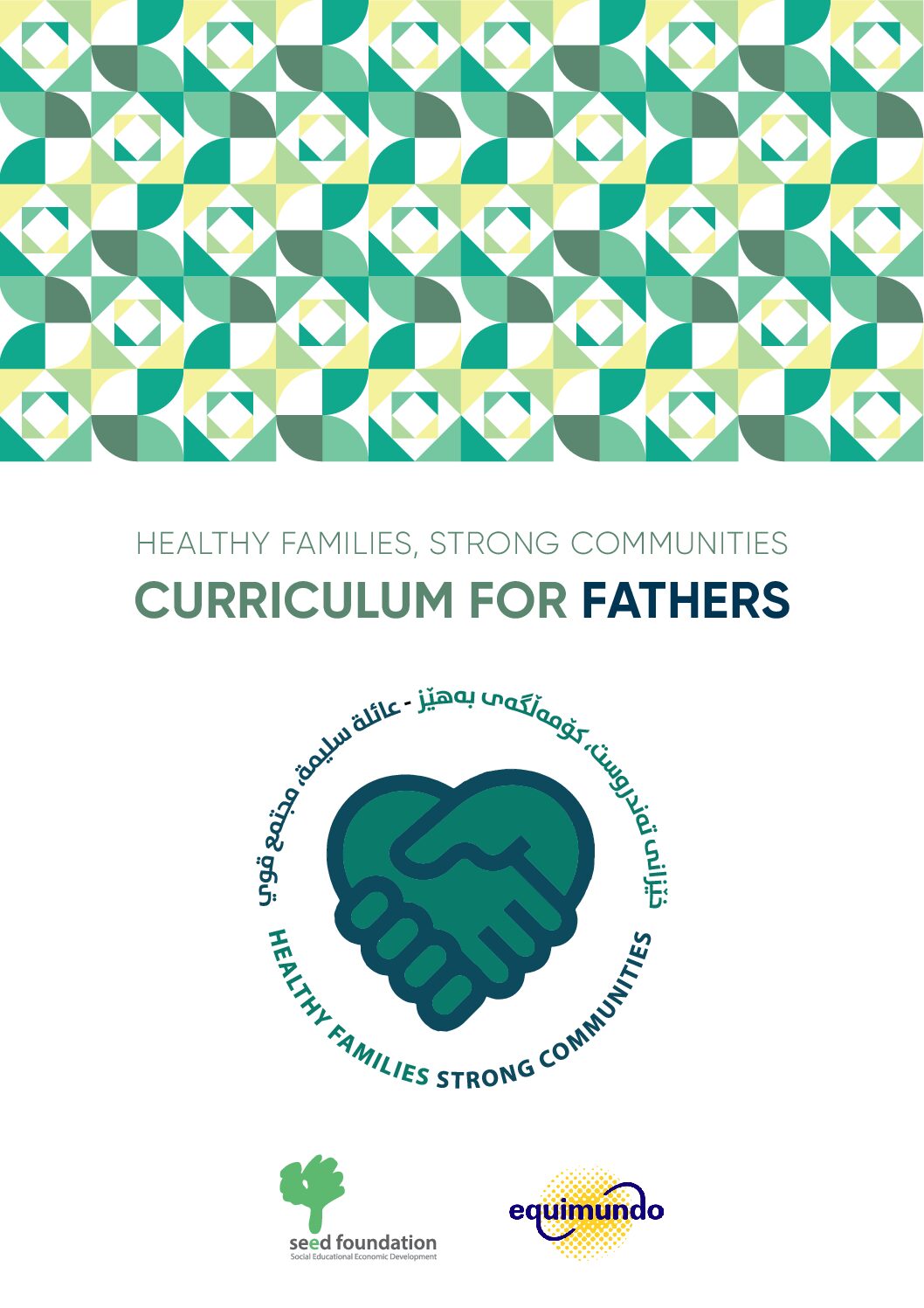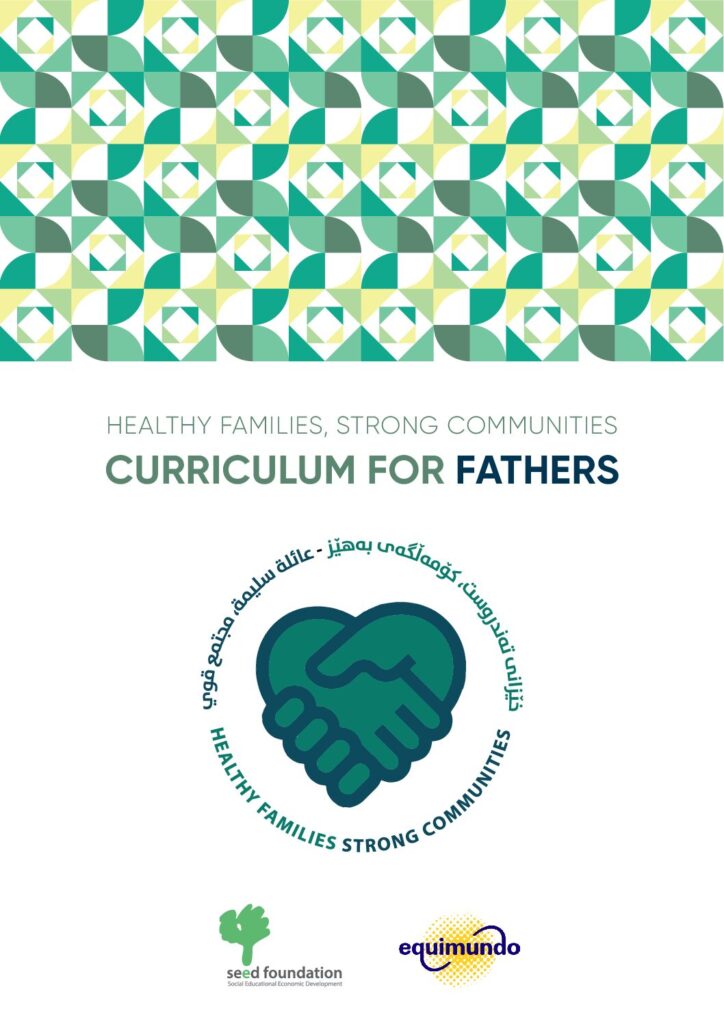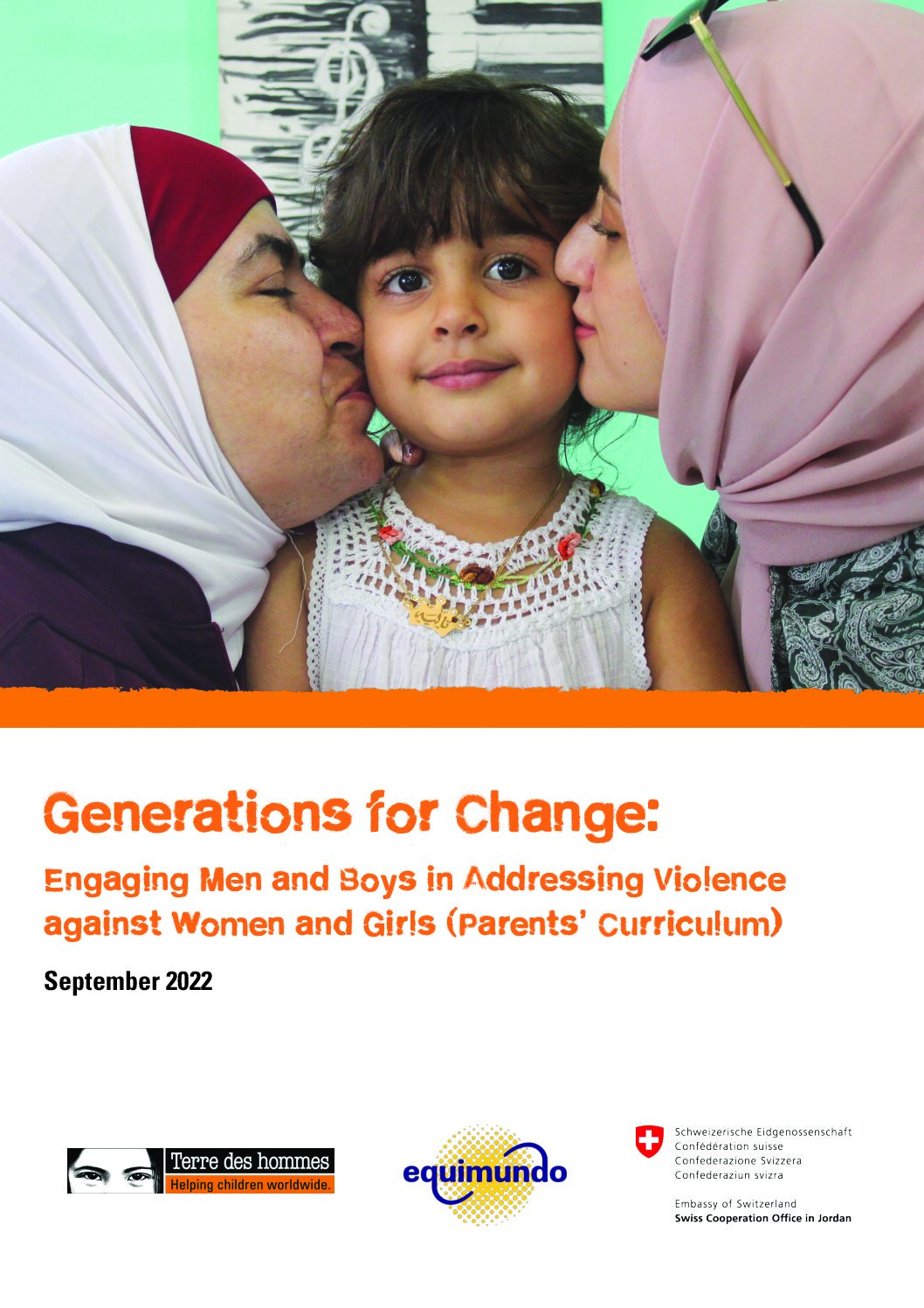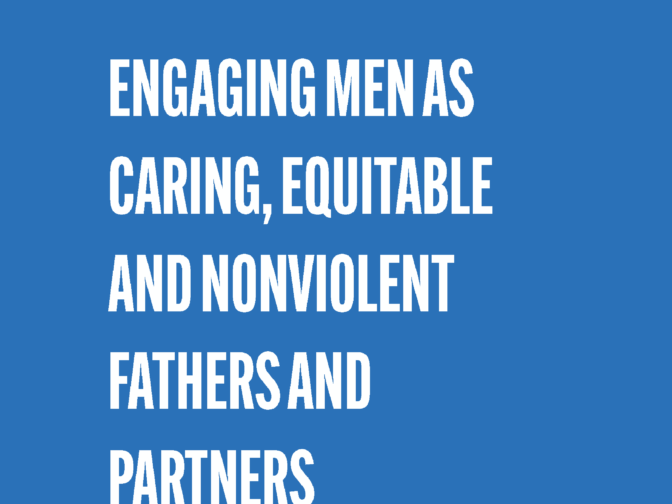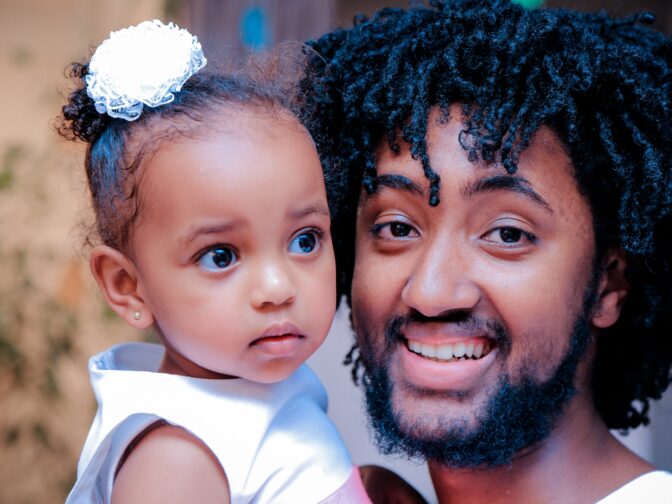With funding support from the U.S. Department of State: Bureau of Population, Refugees, and Migration, SEED Foundation and Equimundo developed a new program to prevent and reduce gender-based violence (GBV) in the Kurdistan Region of Iraq (KRI) by engaging men and boys as supporters of gender equality and by transforming harmful norms through awareness raising, facilitating critical reflections about the consequences of these norms, as well as strengthening communication skills to improve interpersonal relationships.
This program engages with both fathers and their adolescent sons (ages 14-19) to reduce intergenerational violence and foster healthy, caring, and supportive relationships within the family. Locally branded as Healthy Families, Strong Communities, it has engaged members of the host community, internally displaced persons (IDPs), and the Syrian refugee population across Erbil, Sulaimani, and Duhok governorates in KRI. The men and sons who participated in the program were from a variety of different linguistic, ethnic, religious, geographic, and professional backgrounds; which allowed implementers to see the potential benefit of the program across different groups.
From 2021-2023, Equimundo and SEED Foundation jointly conducted formative research, and developed two curricula that have been adapted for the context of the KRI aiming to create more equitable outcomes for women and men in violence prevention and healthy relationships. SEED Foundation led the implementation of the program in 2022-2023 with a total of 215 participants (96 fathers and 119 sons). Drawing from the quantitative and qualitative results from the evaluation of intervention, both the father and son program participants reported increased levels of knowledge regarding types of violence, attitude shifts that reject normalized justifications of violence, and an increase of behaviors related to emotional regulation. Results from fathers show an increased knowledge for techniques for non-violent parenting, and more self-efficacy and self-reported behaviors of positive parenting, including attitudes that welcome shared decision making in the home. The focus group discussions with program participants and their wives/mothers highlight the unquantifiable impact of the program in strengthening family relationships and preparing fathers and sons to embody nonviolent and caring notions of masculinities.
Resources
Arabic
Fathers
PDF PreviewSons
PDF PreviewEnglish
Fathers
PDF PreviewBoys
PDF PreviewMultiple-languages
Fathers
PDF PreviewBoys
PDF Preview